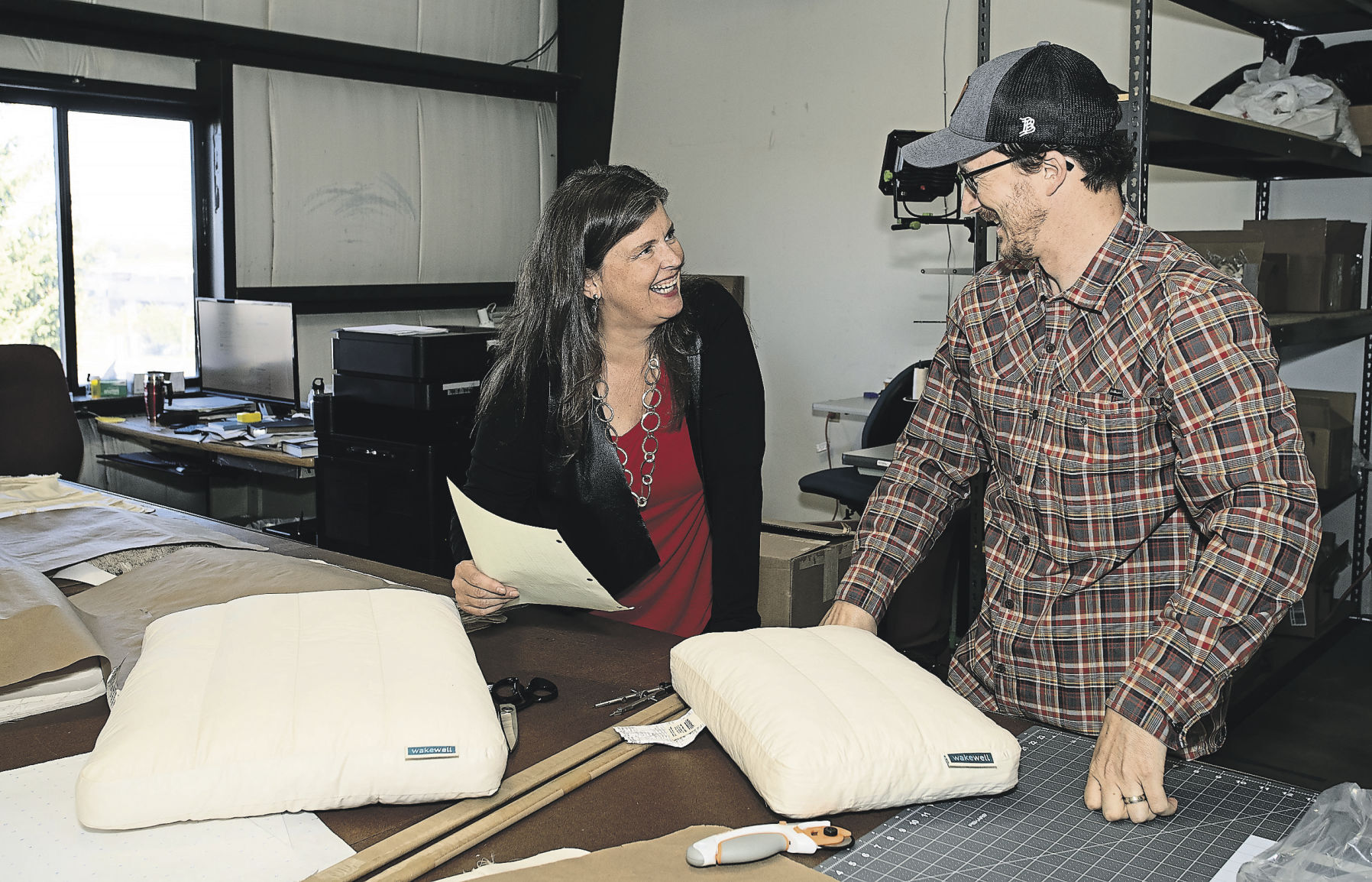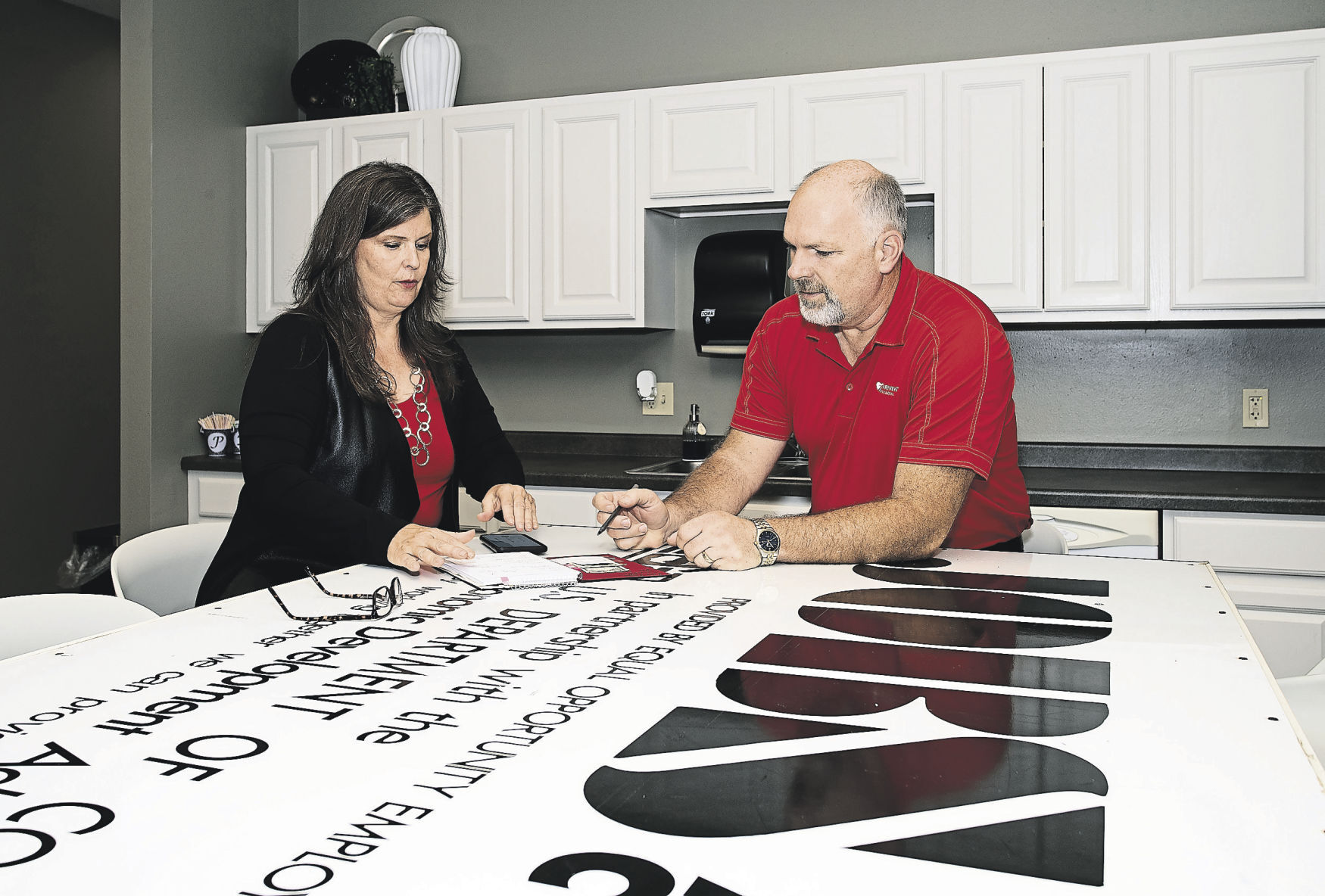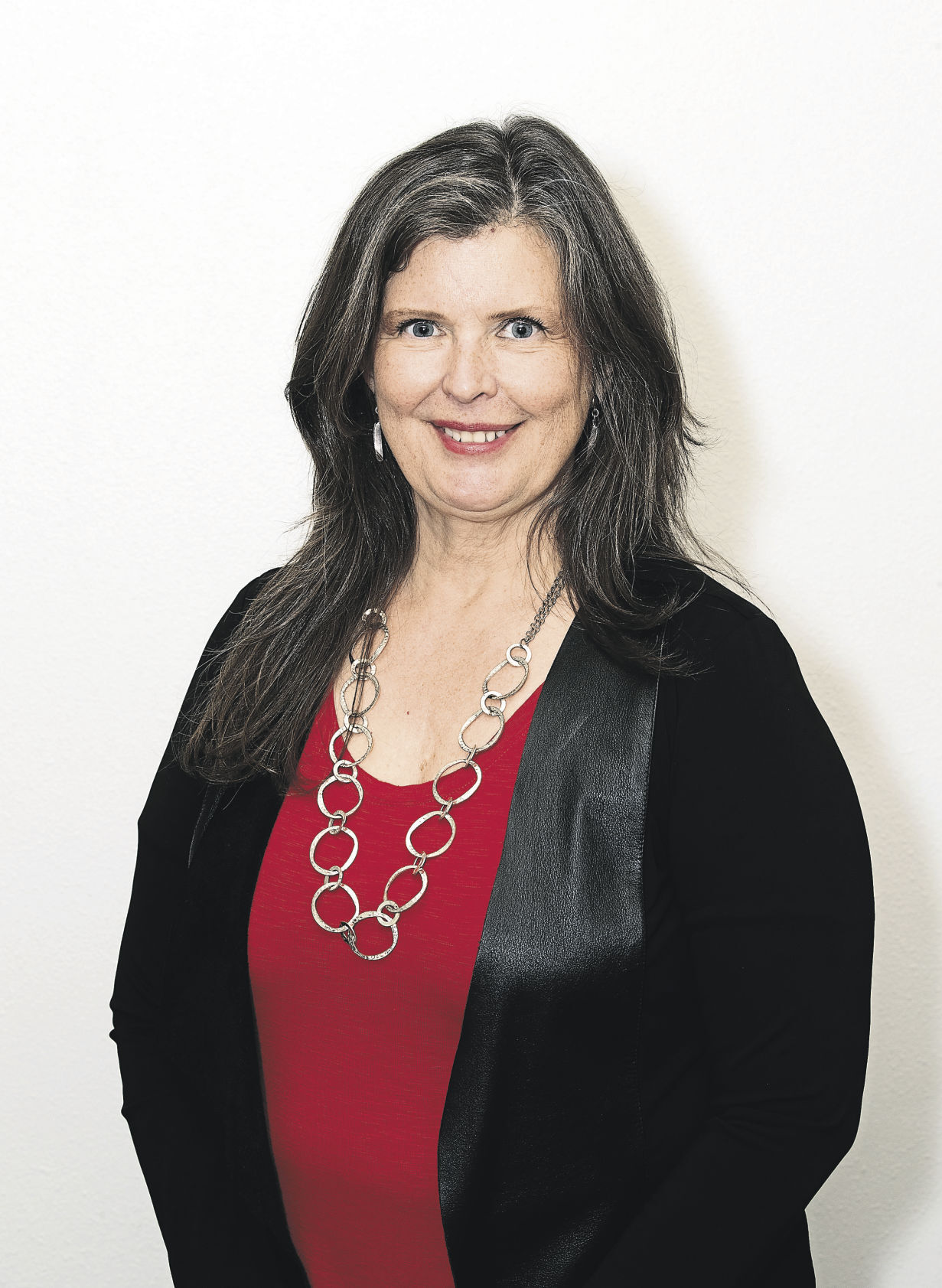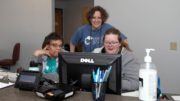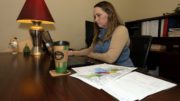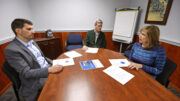Kate Koziol, economic development specialist, SWWRPC.org
Kate Koziol and her husband, Dave, relocated to Wisconsin in 2017. Prior to her work as an economic development specialist at the Southwestern Wisconsin Regional Planning Commission and as the executive director at the Platteville Business Incubator, she sold her marketing and public relations firm, which she operated for 17 years.
Koziol has received multiple awards from her volunteer work with Rotary and was recognized as the Midwest Region Entrepreneur of the Year by the Women’s Business Enterprise National Council. Her work has been covered in many publications including The Wall Street Journal and Entrepreneur Magazine.
Kate and Dave have two offspring. Kate has traveled extensively, having visited 48 of the 50 states in the U.S. and six of seven continents, with plans to visit Antarctica in 2023.
Can you name a person who has had a tremendous impact on you as a leader?
I have the joy of working alongside Cindy Martens at the Platteville Business Incubator. Martens is an amazing leader, bringing the right balance to listening and leading. She is a trusted ally to our 20-some Incubator tenants; she juggles countless shifting demands and does it all with a smile. Beyond work, she gives equally wholeheartedly to the community but never seeks the spotlight. She speaks her mind and offers great insight. Cindy is a great example to us all, that we all can be leaders and help our community in one or many ways. The key is to find your passion project and get involved.
What are the most important decisions you make as a leader of your organization? As an Economic Development specialist, I am part of a team working with Troy Maggied, the executive director of the Southwestern Wisconsin Regional Planning Commission. The most important decisions I make are how to best serve the region. With services such as the Revolving Loan Fund, community and business planning and support services, GIS mapping, outsourced organization management services and Economic Development Administration infrastructure development projects, to name but a few, the commission has so many tools to offer the communities and businesses in Grant, Green, Iowa, Lafayette and Richland counties. It is through thoughtful engagement and discussion that we are able to come up with support services that help towns and businesses be more successful.
As an organization gets larger, there can be a tendency for the “institution” to dampen the “inspiration.” How do you keep this from happening? I think reinvention is the key. Building on what is good and pivoting to make it even better, so it is more in tune with current trends and needs helps keep things fresh. A good example of this is the recent $400,000 renovation of the Platteville Business Incubator and launch of the Alliant Energy Foundation Innovation Hub, our new co-working and collaboration space. The Incubator has a 20-year track record of success launching 71 businesses into the region, but the building lacked the “free coffee — 24-hour access — hip lounge/workspace” that remote workers are seeking. The Incubator’s board of directors took the bold step to build it and it just launched to great success. The monthly no-contract subscriptions allow for fluidity for subscribers and a new revenue stream for the Incubator. The collaboration space inspires new ideas, and it has already become the hub for the regional entrepreneur ecosystem.
Which is more important to your organization — mission, core values or vision? While they are all important, I think our mission is what informs all our work. The Southwestern Wisconsin Regional Planning Commission’s mission is “to collaborate with communities and organizations to build capacity within southwestern Wisconsin, serving as advocates for its residents. We create opportunities and develop dynamic solutions to the challenges facing the region. We foster growth by supporting innovative endeavors that provide tangible benefits to those we serve. We believe in the bold vision of southwestern Wisconsin and work to build the region’s future.” This mission helps us keep on track and clarify our priorities.
What is one characteristic that you believe every leader should possess? Humility. A leader is only a leader if others follow. It is a gift and a daunting responsibility to lead.
What advice to you have for future leaders? Get involved in your community. People from all ages, backgrounds and available free time are able to lead in their communities. Don’t wait to be asked. Find your passion and start your project, run for office or sign up as a volunteer. You have the ability to make a difference. Start today. Ask the Planning Commission if you want to get tied into existing networks and projects.
What lessons can leaders take away from the current pandemic? Pivot. Take the constraints and build new businesses to address issues. Invest in outdoor space by starting with a Comprehensive Outdoor Recreation Plan as the starting point to qualify for grant money. Practice new ways to engage in civil discussions so that we can move forward with fairly negotiated, mutually developed policies.
What are two or three of the best things about being a leader? The chance to make a positive difference in people’s lives. The opportunity to take a lifetime of work to help others be successful. The ability to encourage and empower everyone, including women, minorities and immigrants, to fully share in the American Dream.


